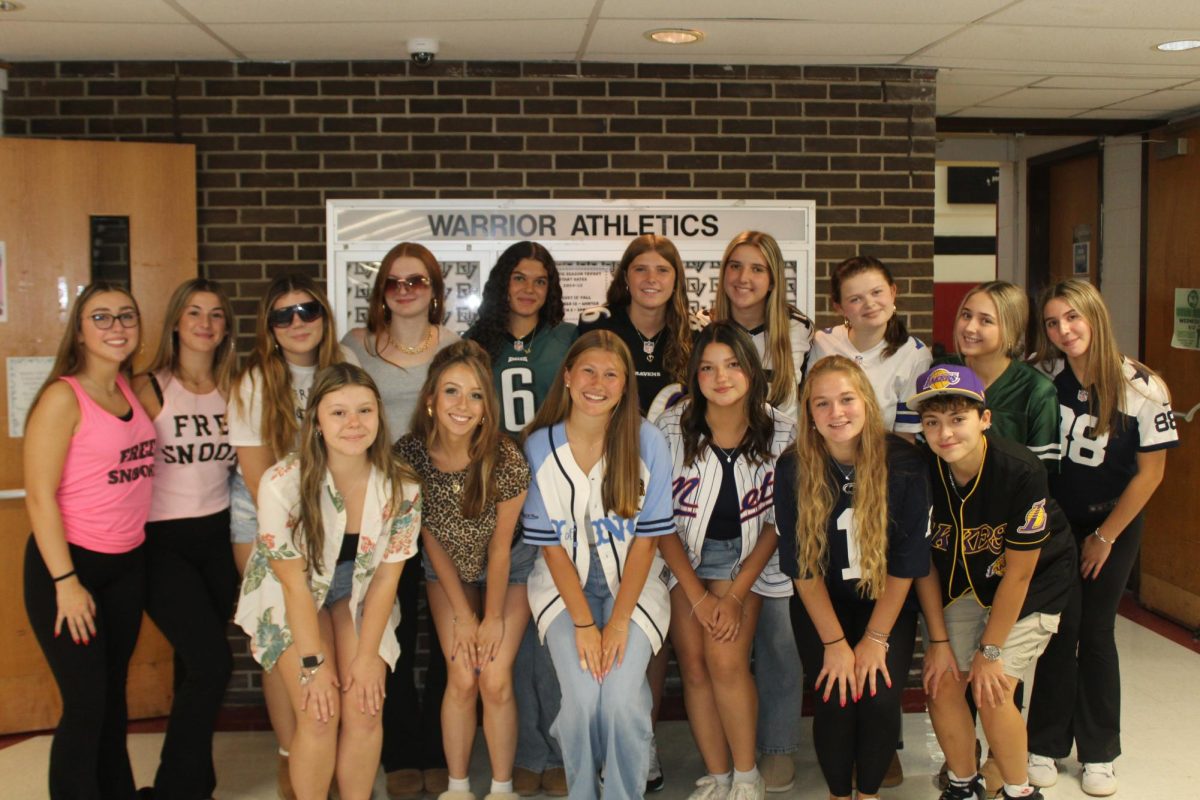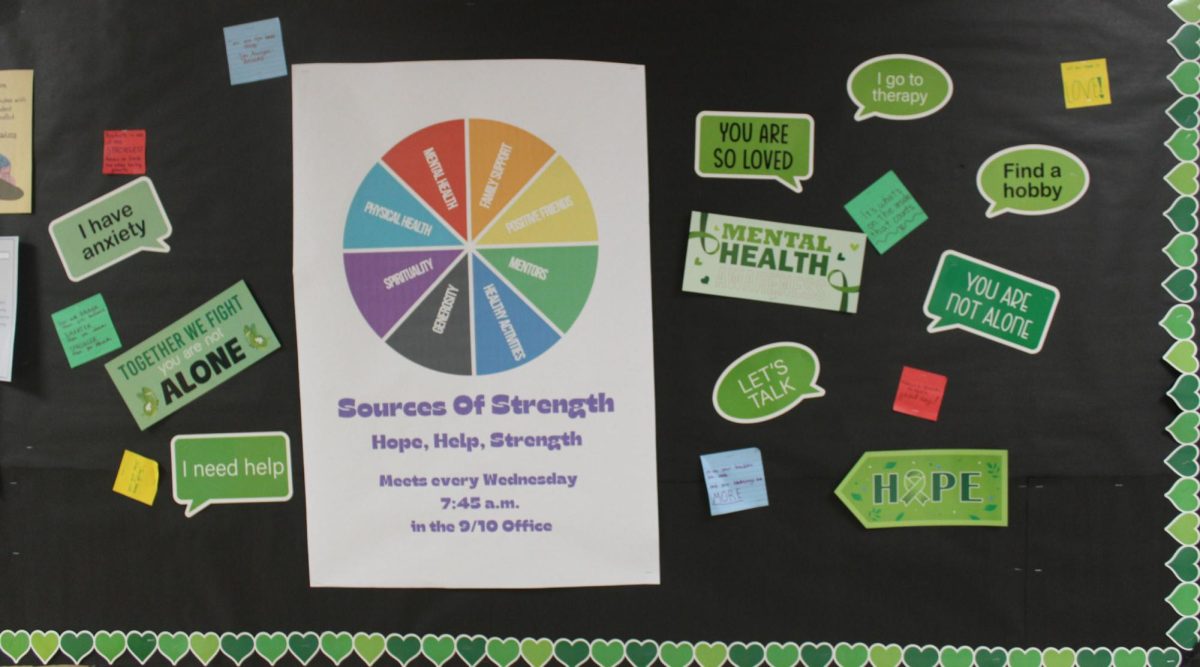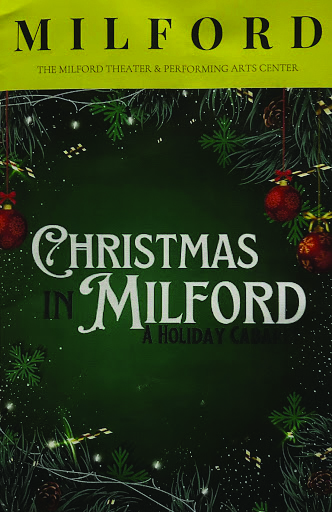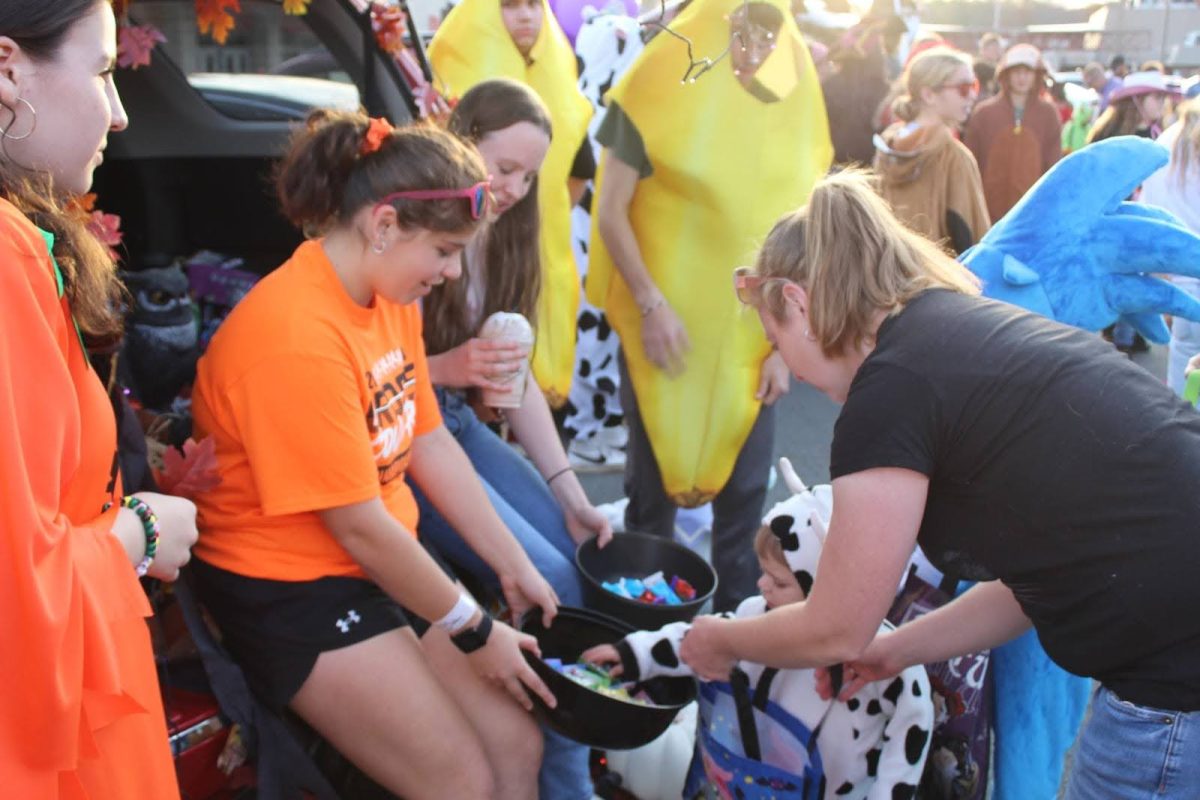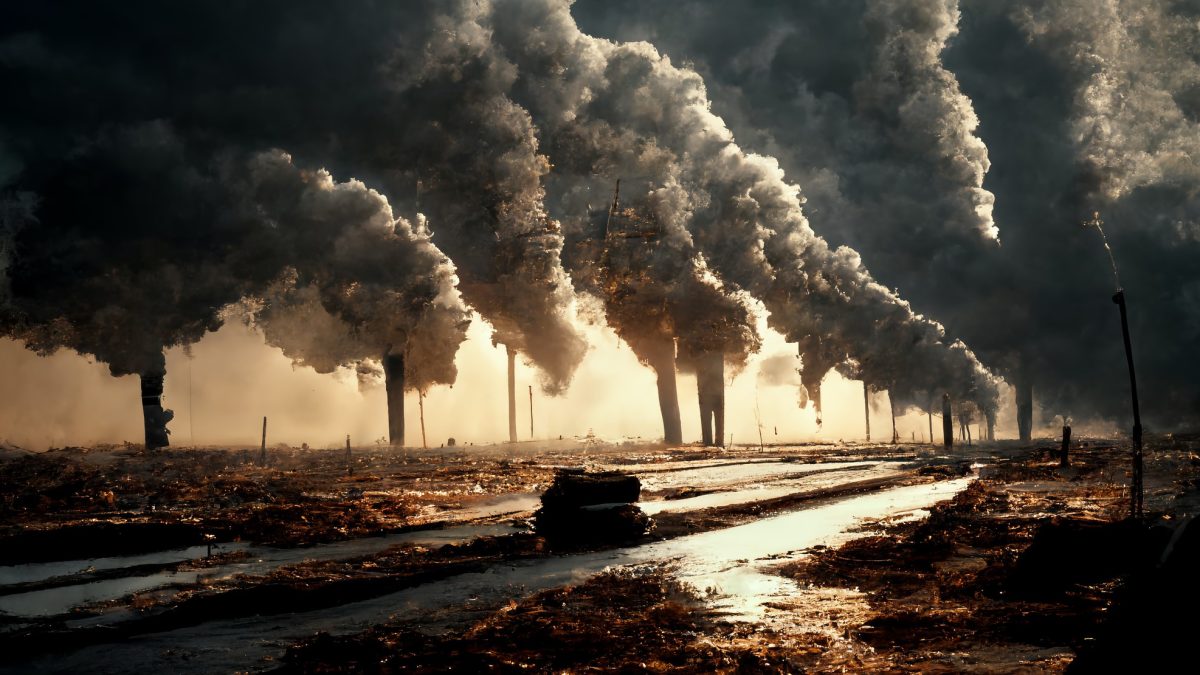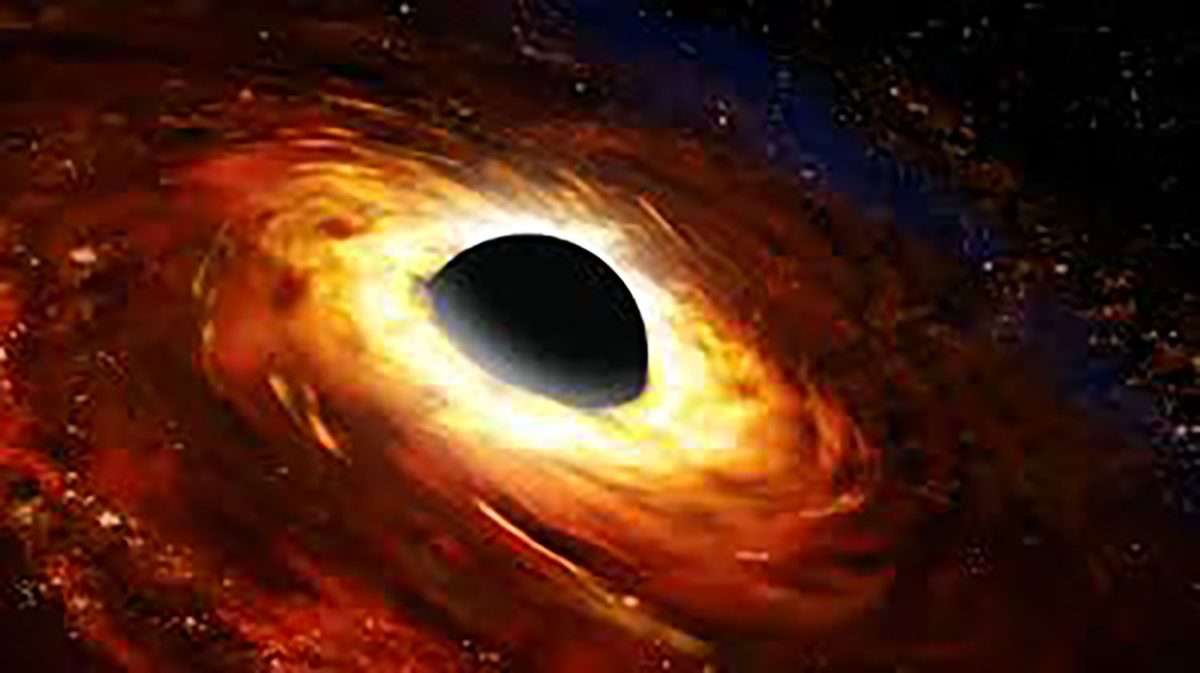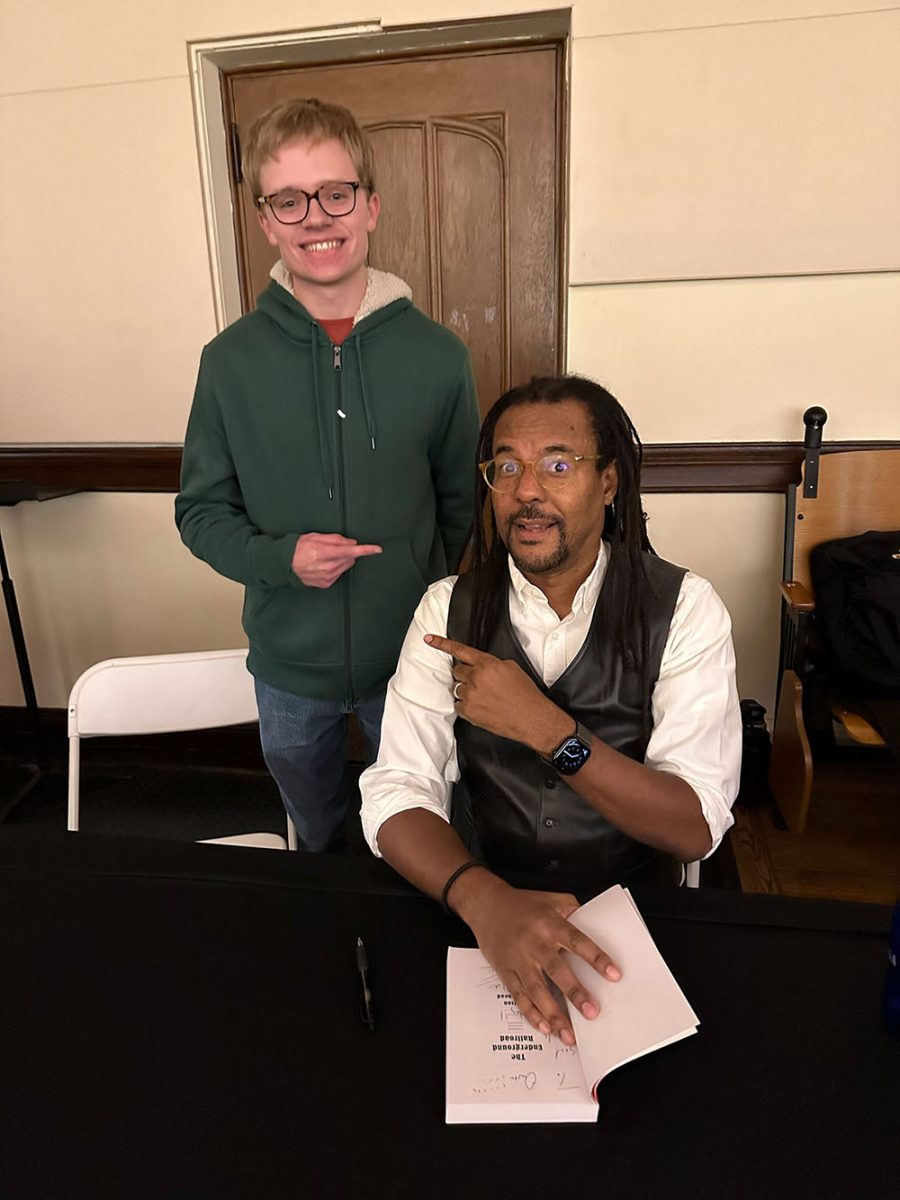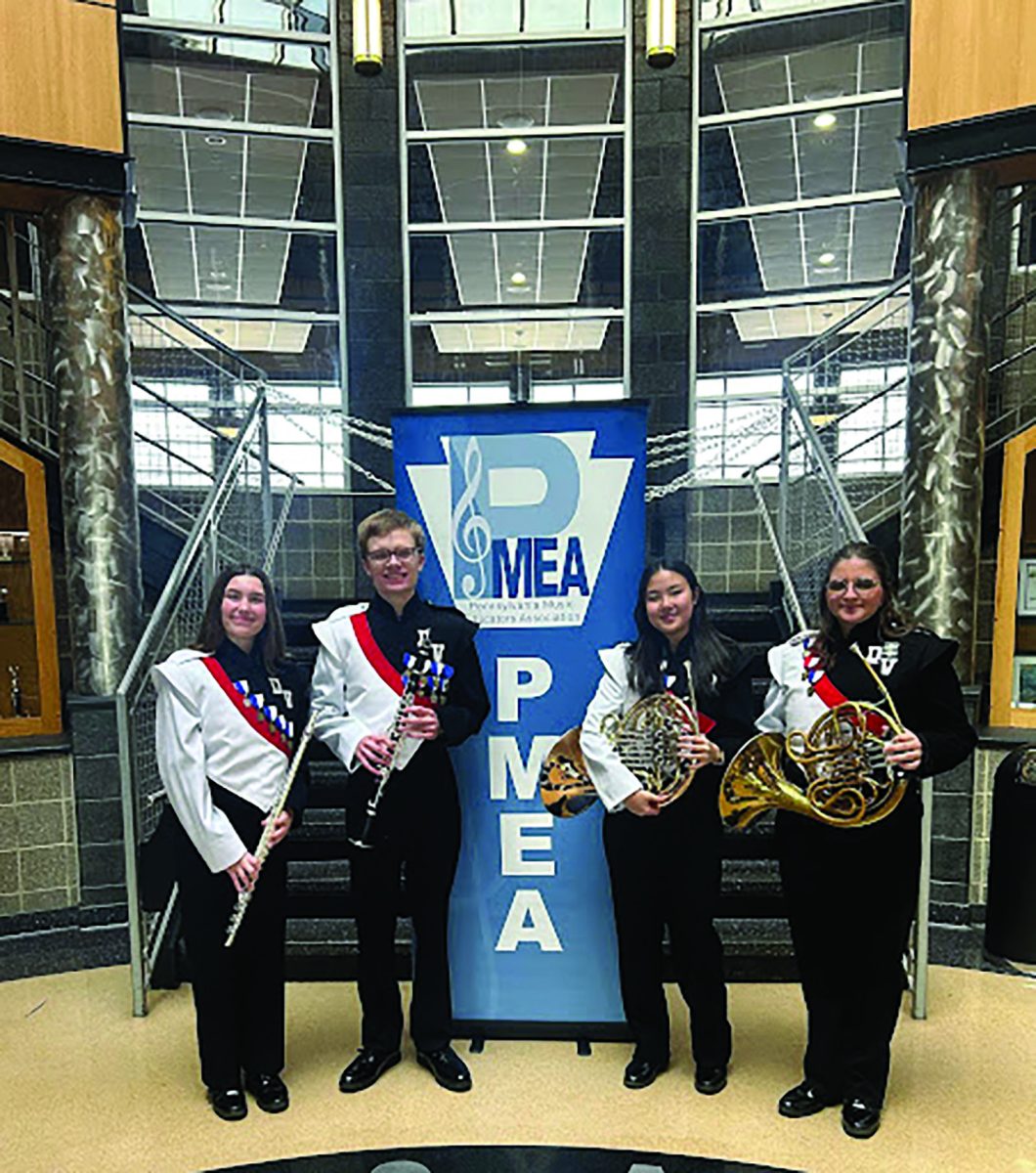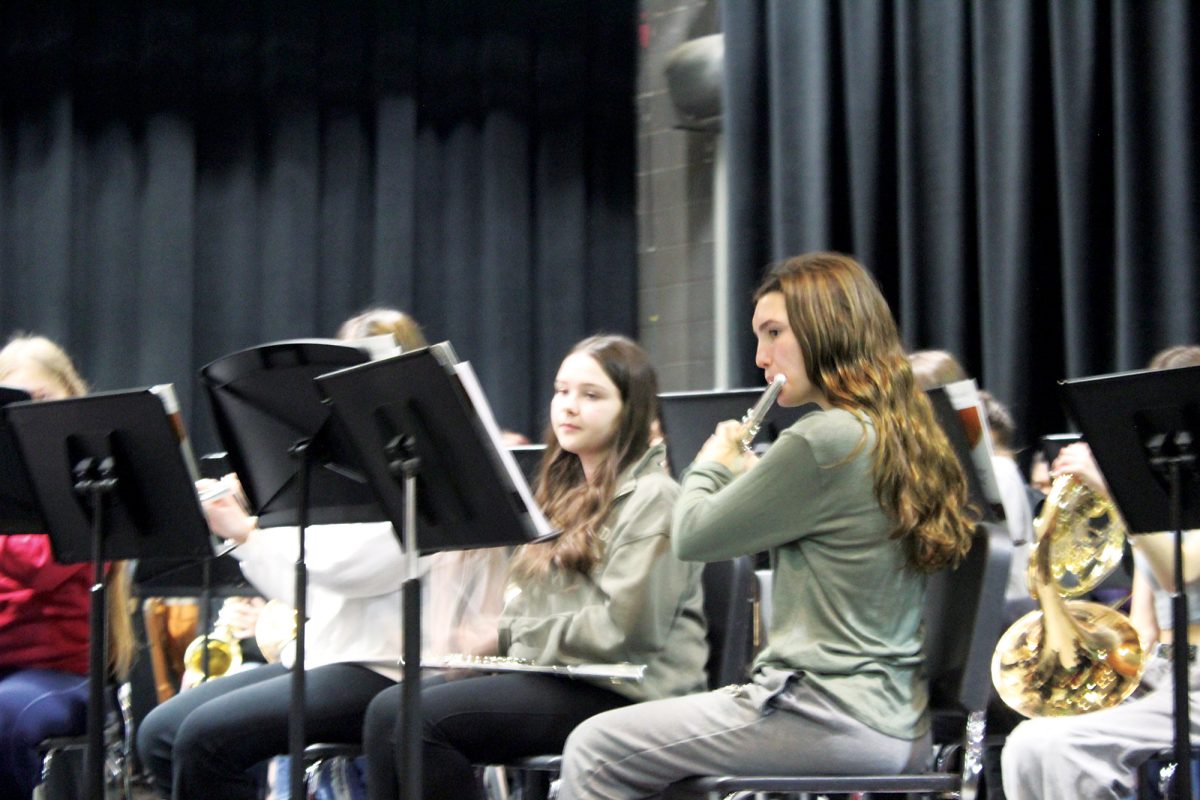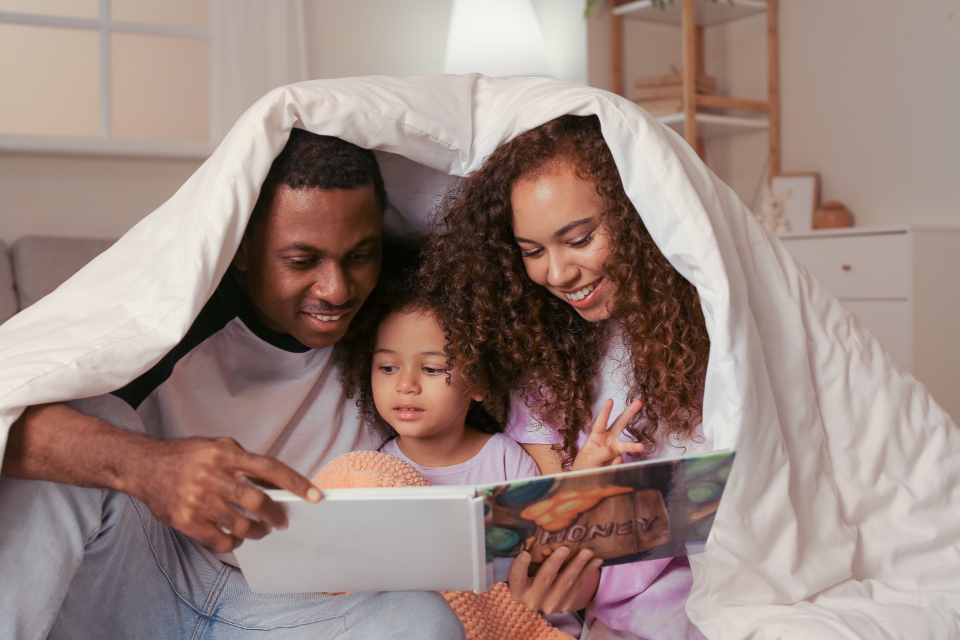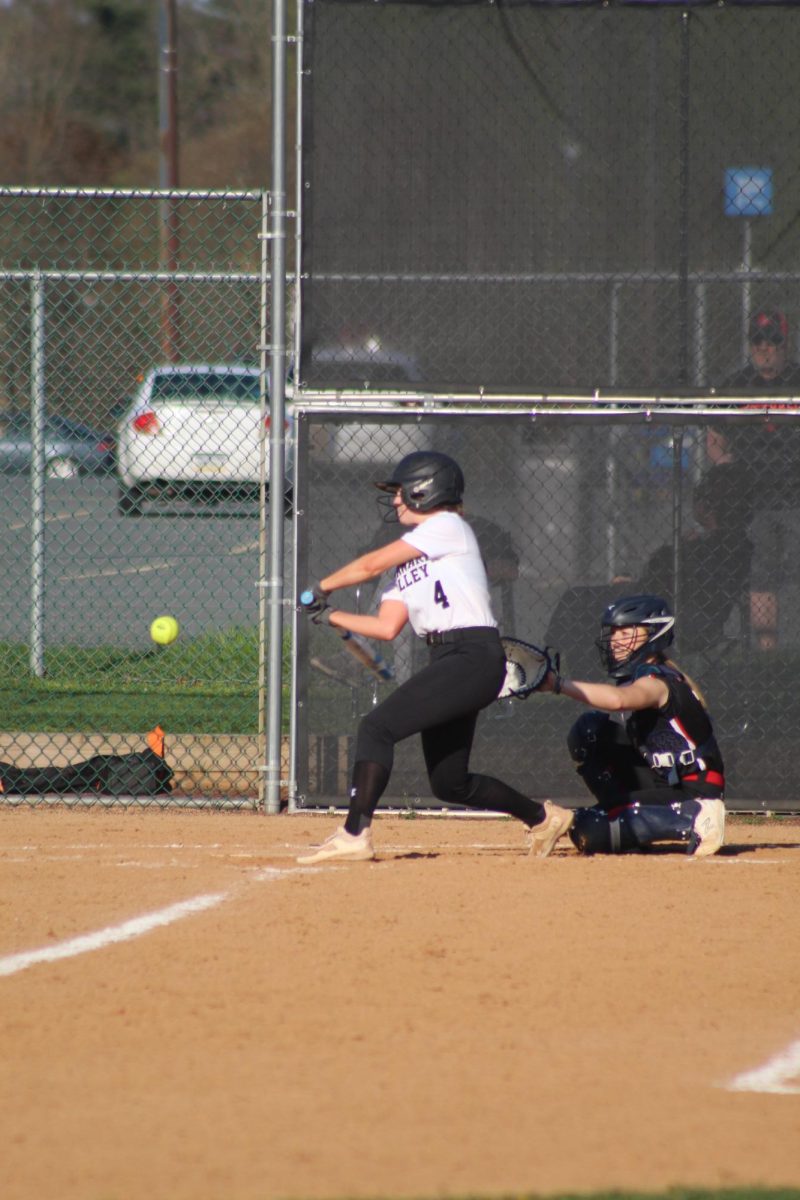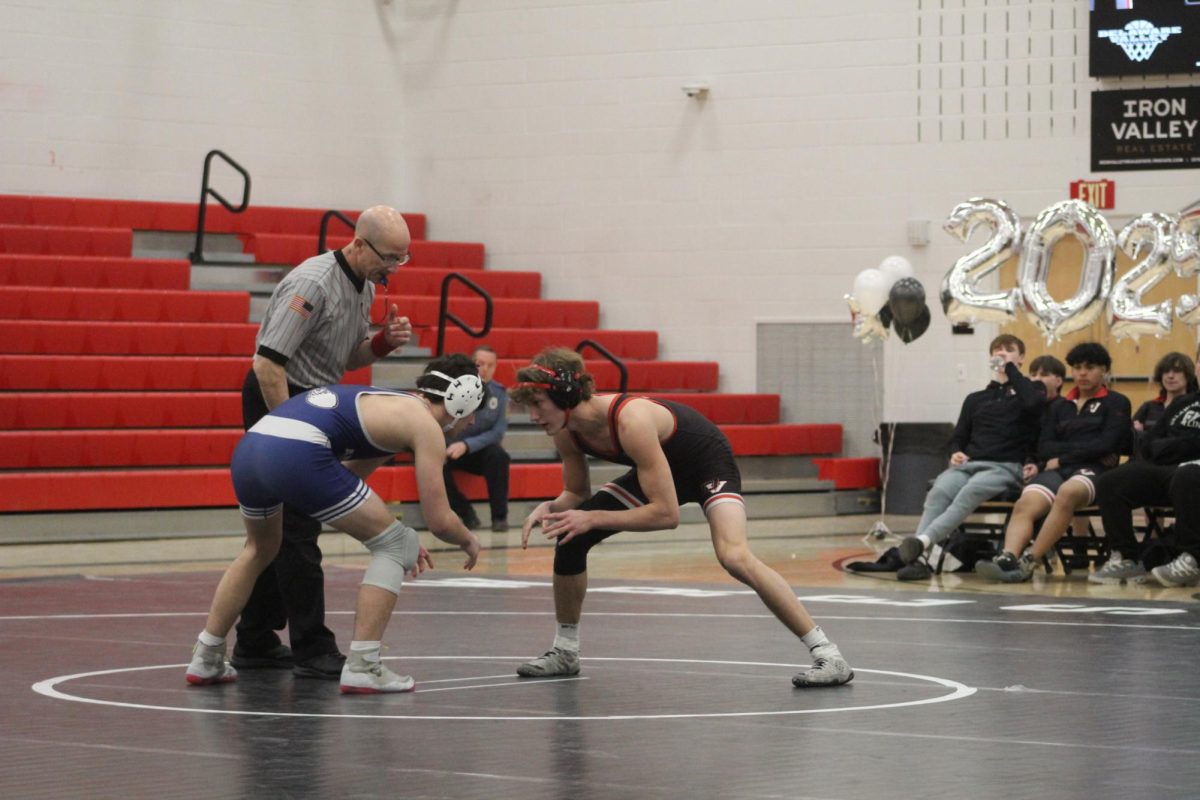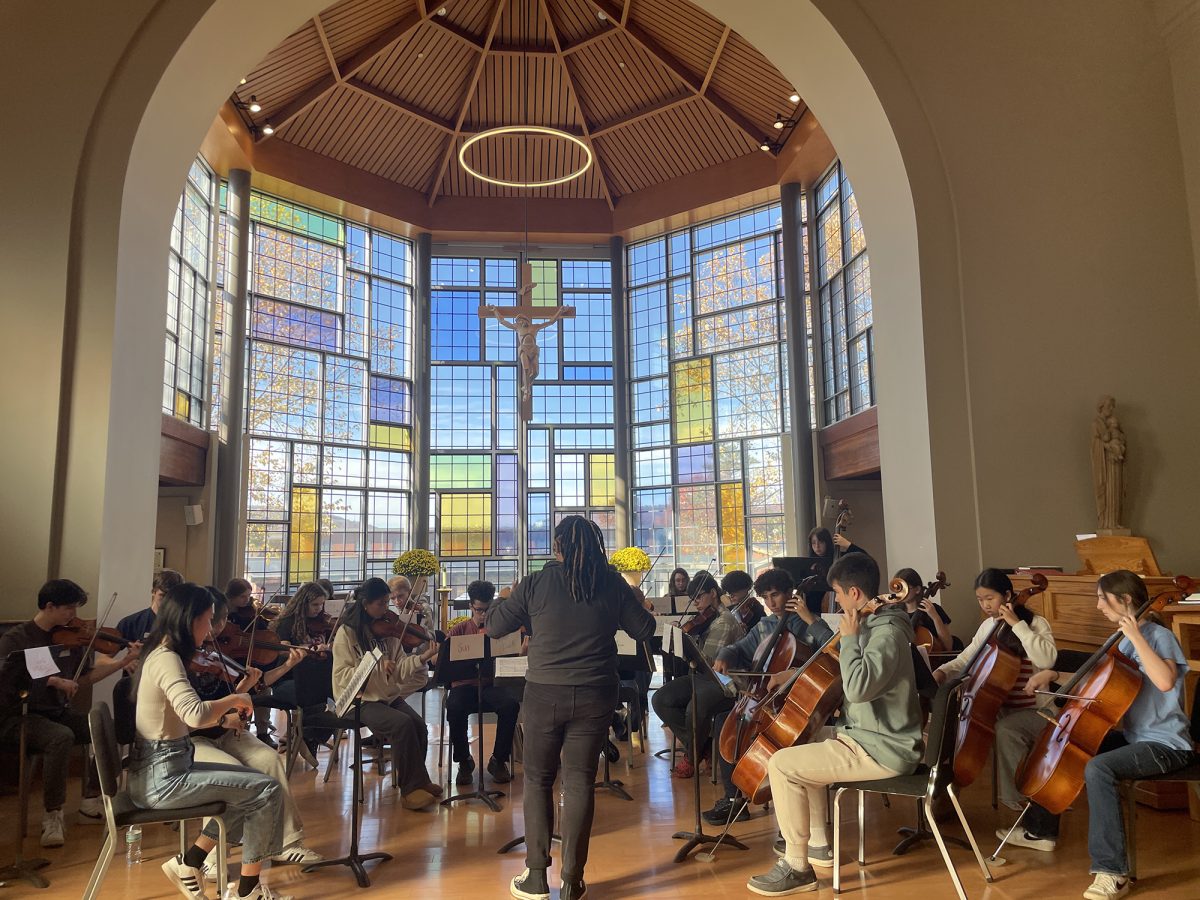I recently had the opportunity to meet Colson Whitehead, the two-time Pulitzer-prize winning author of “The Nickel Boys” and “The Underground Railroad.”
I read “The Nickel Boys” over the summer for my AP Literature and Composition class. The story follows an African American youth named Elwood Curtis who is sent to an all-male reform school in the 1960s. There, he encounters the unspeakable horrors of racism, but he also makes friends with Jack Turner, a fellow Black student with a much more pessimistic outlook on society’s capacity to change. It is a story that tackles loyalty and abuse, friendship and oppression.
In early November, I was touring Vassar College in Poughkeepsie, New York, and I saw a poster in one of the dorms informing students that Colson Whitehead would be giving a lecture on campus the very next day. As a prolific writer myself, I’m always looking for opportunities to meet other writers—and Whitehead is the best of the best.
One day later, on Nov. 11, my mom and I returned to Vassar College to hear Whitehead speak. Whitehead delivered a fascinating, and often humorous, account of his life as a writer, from his experience right out of college writing for a New York City newspaper, all the way up to the books he would like to write in the future.
During the Q & A, I got up and explained that I was not a college student, and I told him my English class had recently read “The Nickel Boys.” Then, I asked him his thoughts on the book’s upcoming movie adaptation. He said he was looking forward to it—he had only seen clips of it at that time—but he was interested in hearing my thoughts on the movie, so he invited me to email him after I saw it.
Three months later, I saw the movie at a theater in Middletown. Like the novel, the film was brilliant. It stayed true to the plot of the book while also adding its own artistic touch. The camera angles tell the story from a first-person perspective—an creative decision that made me feel as though I myself were experiencing Elwood’s life.
Furthermore, in the intimate moments between Elwood and the people close to him, the characters look directly into the camera. The effect is that these characters seem like real people who are devastated by abuse and racism, even as the Civil Rights Movement is gaining ground.
While I highly recommend both the book and the movie, I would advise reading the book first, as it will greatly enhance your understanding of the film.

